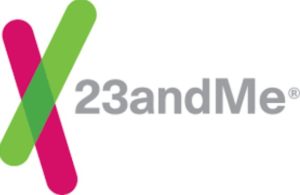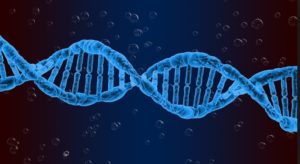So, after getting my 23andMe results, I see that I am prone to higher iron levels due to my genetics, which in turn could provide a higher chance of getting Alzheimer’s. This is good knowledge to have as I can make sure to monitor my iron levels in the future. If it is high, I can limit the amount of iron in my diet or take supplements to bind the iron.
There is comprehensive information in 23andMe on many different health type issues. I also went further and took the raw data from the test and uploaded it to Dr. Rhonda Patrick’s Found My Fitness site to get even more information.
Why did I do 23andMe?
 The ancestry part is interesting to me. I have 93% South Asian ancestry, but it was interesting to learn that four to seven generation ago (early 1800’s) I have a direct ancestor who was Indonesian/Thai. And back in the 1700’s, I have one who was Chinese Dai.
The ancestry part is interesting to me. I have 93% South Asian ancestry, but it was interesting to learn that four to seven generation ago (early 1800’s) I have a direct ancestor who was Indonesian/Thai. And back in the 1700’s, I have one who was Chinese Dai.
But, the main reason I did 23andMe was to find out interesting things about my genetics and how they can impact my health. In another article, I explained that there is about 20% of the population for whom excessive saturated fats are not beneficial. This segment of the population is a carrier for ApoE4. The results show that I am not a carrier. There are many other types of genetic information that you can obtain as well.
What Does it Mean for the Food Industry?
People have already started personalizing their diets based on health. This personalization comes from knowledge gleaned from books, articles, influencers, family, friends, etc.
One of the popular ‘personal’ diets is the blood diet. The diet’s premise is that people should eat different types of foods based on their blood types. All of the recommended foods for the different blood type diets are with no processed foods, so it makes sense that there are good results with the diet. Though, I do not follow the premise of the diet as I do not believe that recommendations based on blood type are based on good science.
 Now, with these genetic companies like Ancestry, Habit, and 23andMe, there will be more people who will take action on the information provided based on their genetics. These new generations of companies are working hard to provide precision to consumers on what they should eat.
Now, with these genetic companies like Ancestry, Habit, and 23andMe, there will be more people who will take action on the information provided based on their genetics. These new generations of companies are working hard to provide precision to consumers on what they should eat.
Ranking based on food
More people are taking these genetic tests and the tests will continue to get more refined as more data is gathered. I see this trend towards personalizing food choices to continue in a big way. I rate the trend very high on a 10 out of 10 scale.
If you want to get further thoughts from me, and if you haven’t already done so, please:
